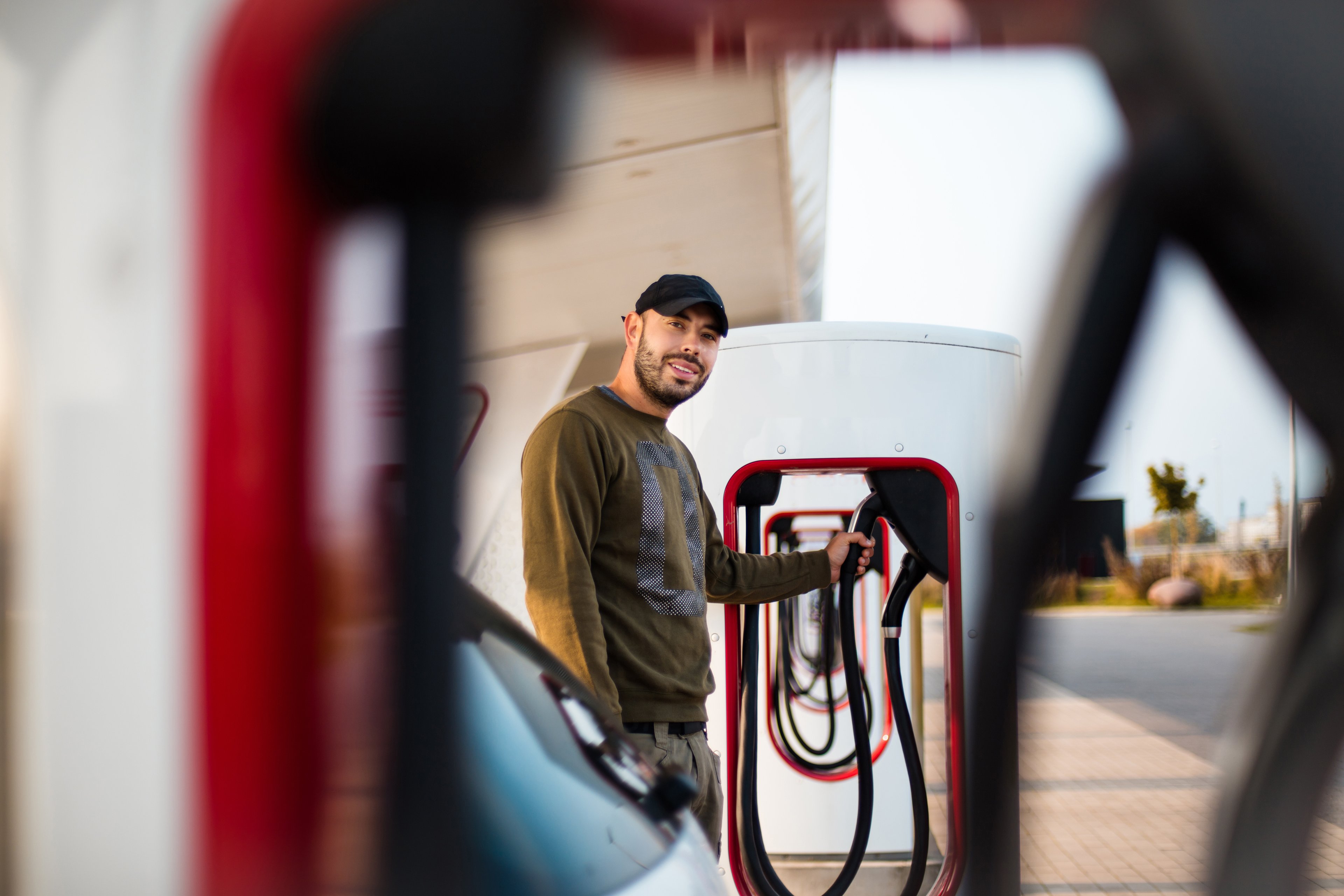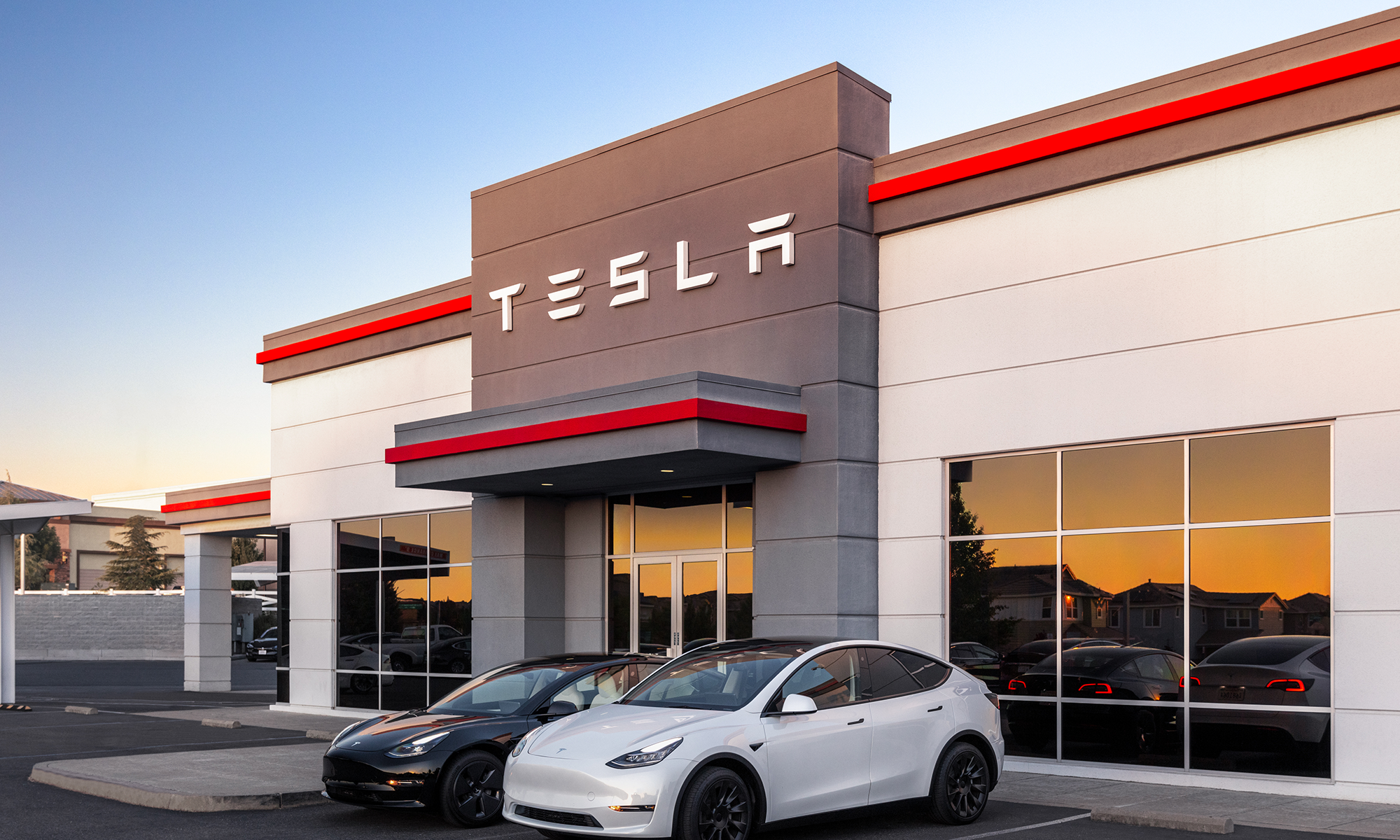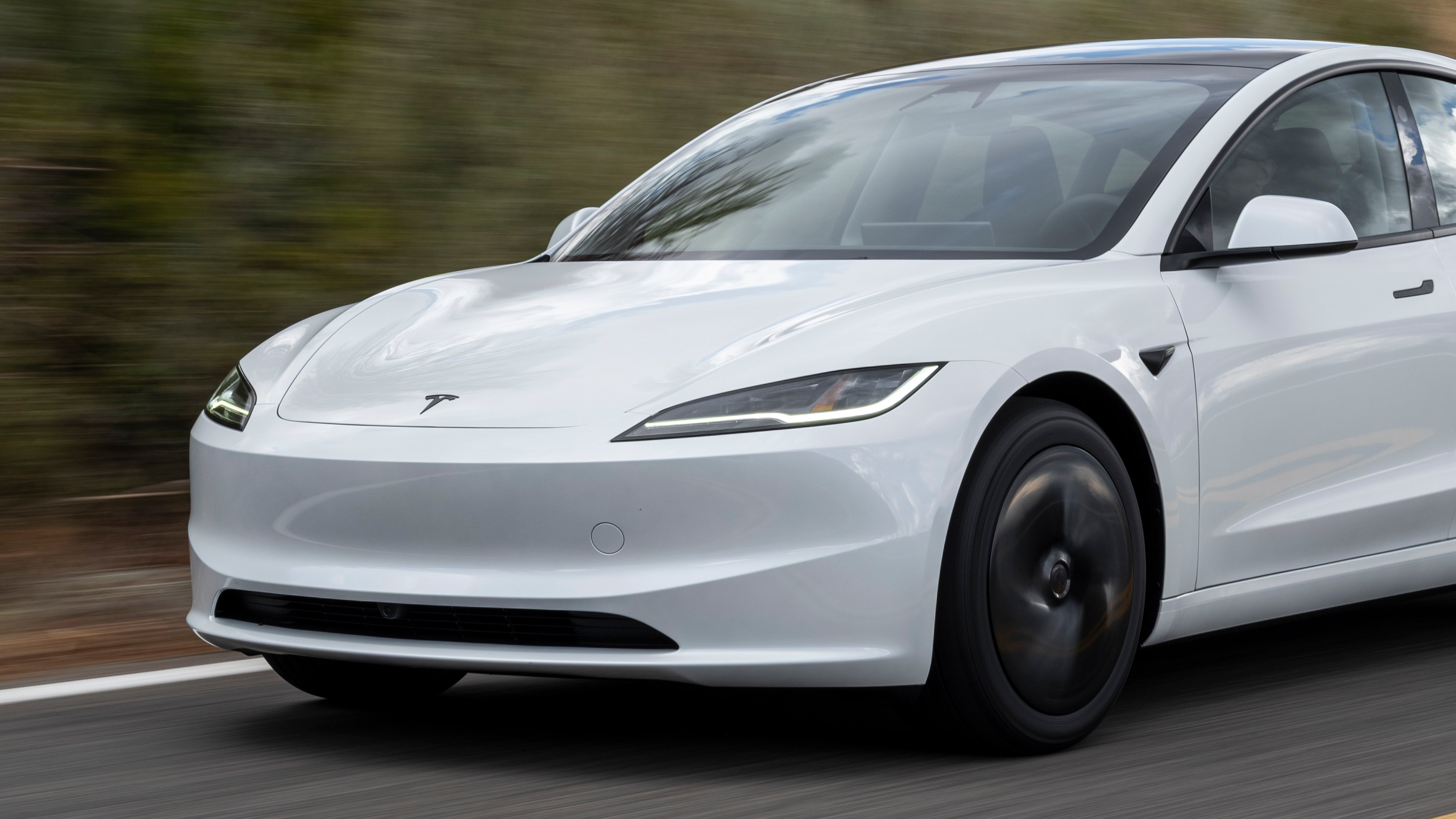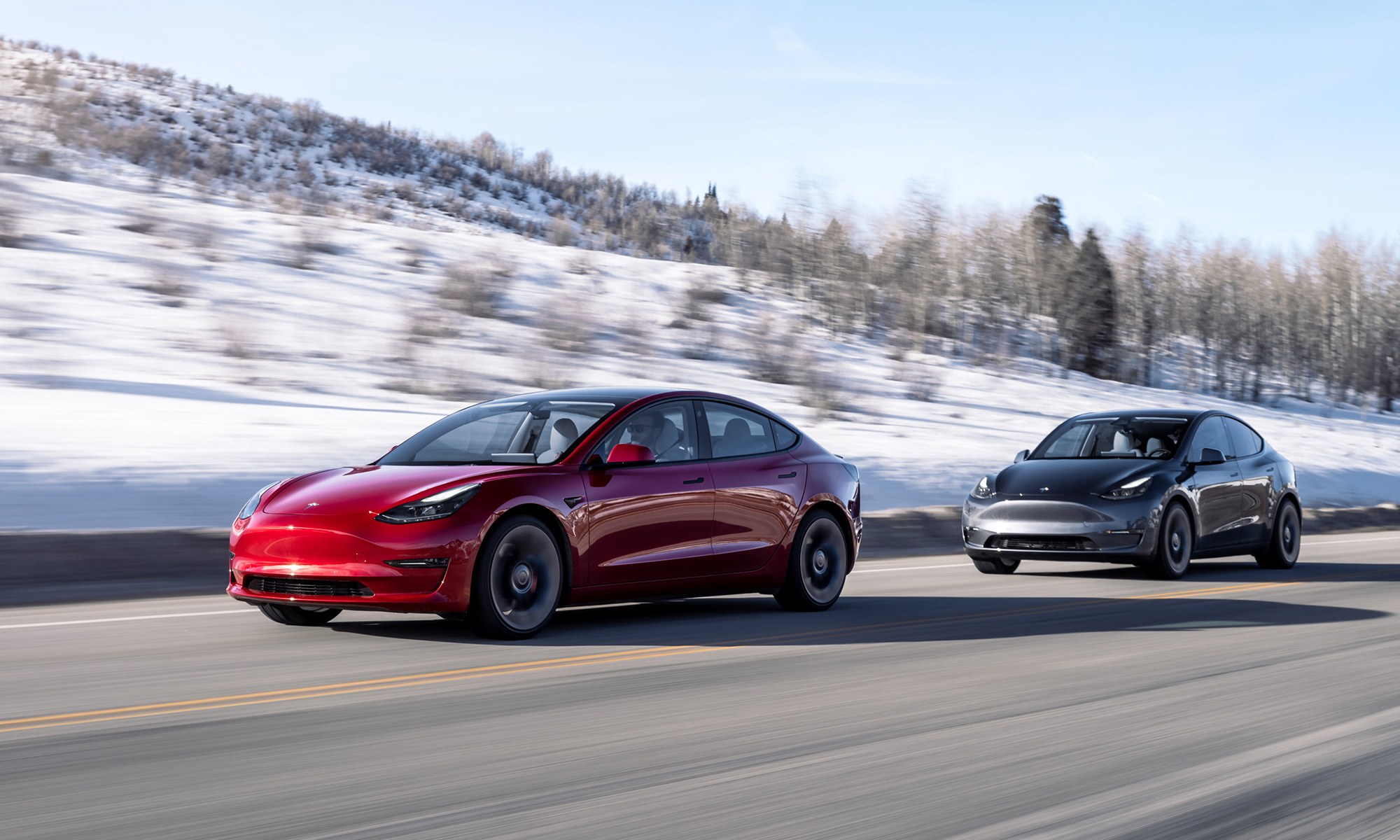Tesla Motors (TSLA +2.70%) stock fell below $200 a share early last week, and shares are down more than 31% since the start of the year, as investors pump the brakes on high-flying momentum stocks. The electric-car maker made a name for itself by creating, not only the top-rated electric vehicle ever built, but also one of the best performance sedans in the marketplace today -- gas or no gas.
However, despite the company's success thus far, it could be a bumpy road ahead for Tesla Motors and its direct sales model. Here's a look at two things every driver needs to know about the electric vehicle maker this month.
1. Turning lemons into lemon-aide
A Wisconsin attorney who calls himself the "Lemon Law King" is suing Tesla on behalf of Robert Montgomery, a retired Wisconsin physician who says his Model S wouldn't run properly. Only, there are more than a few holes in his story, as Tesla points out. In a blog post earlier this month, the company suggests the owner may have tampered with the car's fuse.
Tesla's engineers were at a loss when the fuse kept blowing, even after the company replaced several parts at no expense to the customer:
The engineers were moved to consider the possibility that the fuse had been tampered with. After investigating, they determined that the car's front trunk had been opened immediately before the fuse failure on each of these occasions. (The fuse is accessed through the front trunk.) Ultimately, Tesla service applied non-tamper tape to the fuse switch. From that point on, the fuse performed flawlessly.
Another factor that supports Tesla's defense is the fact that the same retired physician filed a lemon law suit against Volvo just last year. That is suspect indeed.

Source: The Motley Fool
The Lemon Law King's attack on Tesla appears laughable at best, particularly after watching his YouTube video on the topic. However, it could cause would-be Tesla drivers to question whether their lemon law rights remain intact when buying a car under Tesla's direct sales model.
2. Tesla Motors fights back
Traditional auto dealers throughout the country spend millions of dollars each year lobbying for laws that protect the big auto dealers from competition. Unfortunately, many of these dealers are afraid that Tesla's model of selling cars directly to consumers will open the floodgates for other, more mainstream auto manufacturers to do the same.
As a result, dealer associations in various states have banned Tesla from selling its cars directly to consumers. Nevertheless, Tesla CEO Musk makes a strong case against the outdated dealership system in this blog post:
The evidence is clear: when has an American start-up auto company ever succeeded by selling through auto dealers? The last successful American car company was Chrysler, which was founded almost a century ago, and even they went bankrupt a few years ago, along with General Motors. Since the founding of Chrysler, there have been dozens of failures, Tucker and DeLorean being simply the most well-known. In recent years, electric car start-ups, such as Fisker, Coda, and many others, attempted to use auto dealers and all failed.
Not to mention, unlike traditional dealers who make the bulk of their profits from servicing cars, Musk says, "I have made it a principle within Tesla that we should never attempt to make servicing a profit center. It does not seem right to me that companies try to make a profit off customers when their product breaks."
Ultimately, these antiquated state laws affect drivers everywhere, not just those in states like New Jersey, Texas, and Arizona, where direct car sales are currently forbidden. What this boils down to is consumer choice in a country that is supposed to operate as a free market. Nonetheless, it will be interesting to see if more drivers come to Tesla's defense down the road, if indeed, the company reaches its goal of producing an affordable mass market EV by 2016.
On the other hand, the "Lemon Law King's" suit against Tesla offers a valuable lesson about how investors should read into events like this. Negative headlines can often send a stock spiraling out of control, particularly when it involves litigation. However, many times these events don't end up having a material affect on the underlying strength of a business. For investors, it helps to ask yourself if said event will matter ten years from now. In Tesla Motors' case, I suspect investors will have long forgotten the lemon king a decade from now.






